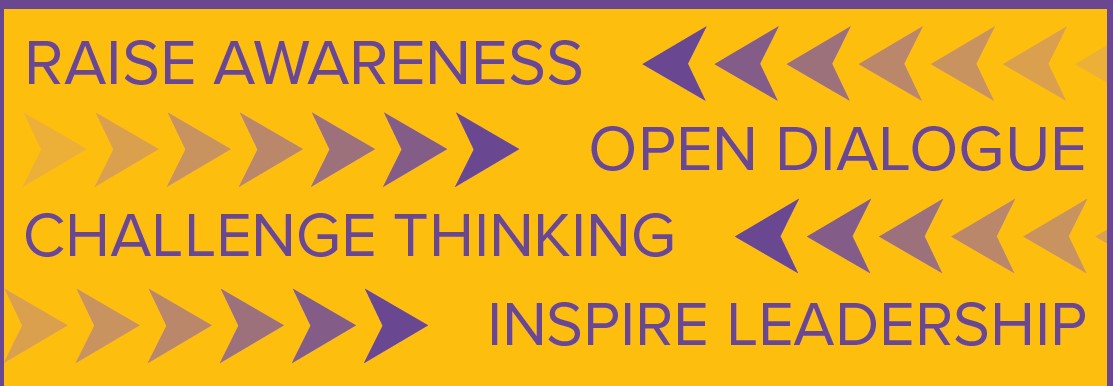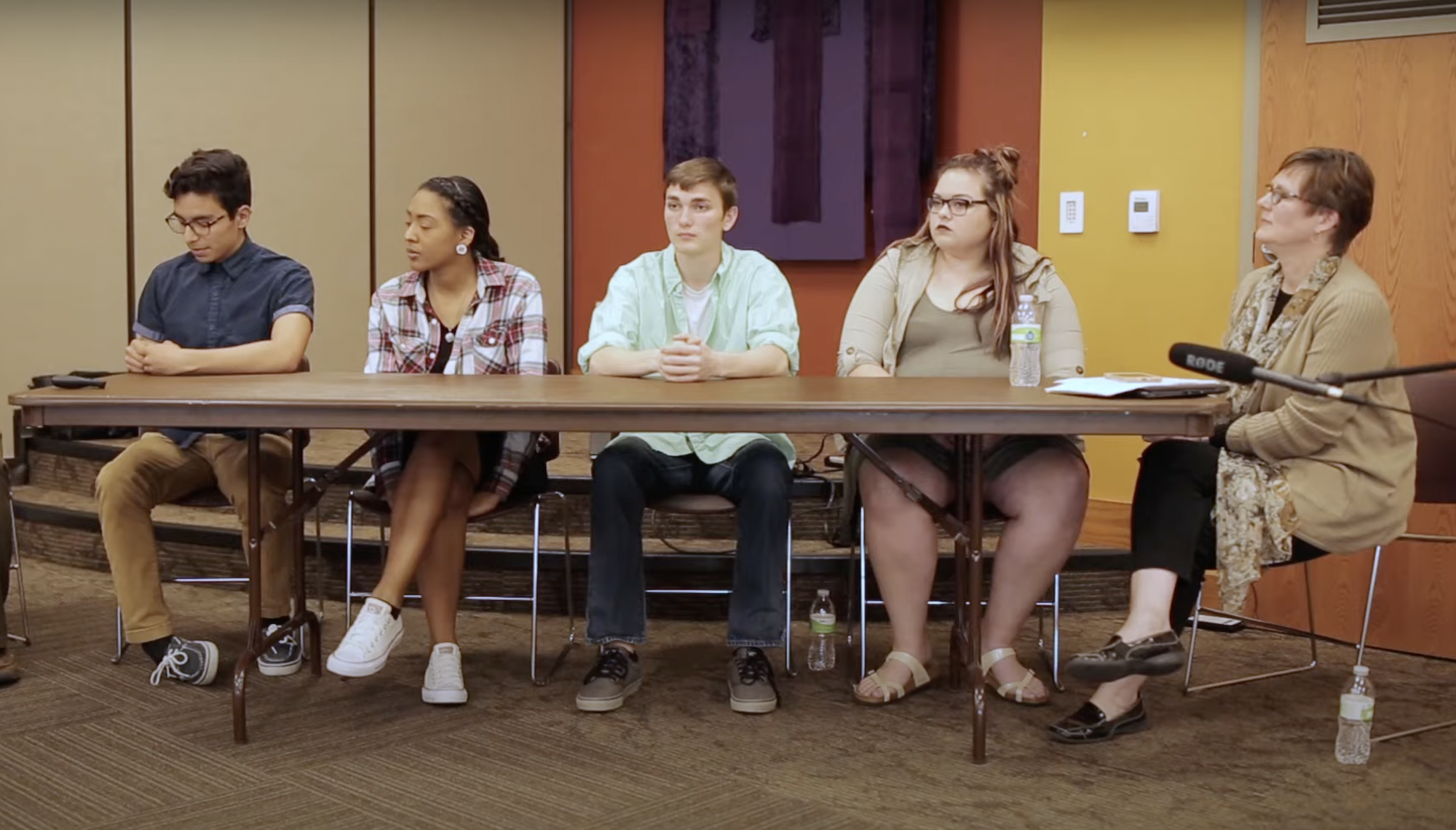Mentors in Violence Prevention

The Mentors in Violence Prevention (MVP) Strategies program was developed in the early 1990s by Jackson Katz and colleagues at Northeastern University's Center for the Study of Sports in Society. MVP is based on a peer leadership model that focuses on the role of the bystander as a community-level strategy to violence prevention. The model seeks to empower those who might otherwise be silent observers to situations where bullying and interpersonal violence are unfolding. MVP uses a social norms orientation focusing on the idea of a "bystander" as a tool to know what to do, and as an approach to understanding that being a bystander means intervening in all cases where unhealthy norms are emerging through casual conversations with peers.
MVP has been implemented in high school settings, college settings, the U.S. military, and within professional sports. In Iowa, the Patricia A Tomson Center for Violence Prevention (PATCVP) is the leading state trainer for MVP Strategies. PATCVP has trained over 70 secondary schools and 25 colleges and universities across the state since 2012.

Goals
Utilizing a systemic, multi-layered approach to prevention, the MVP program has three primary goals:
- To increase awareness and understanding of the types of harmful behaviors young adults face.
- To discuss the messages young adults are exposed to in relation to bullying and interpersonal violence.
- To inspire leadership by empowering bystanders to confront and challenge norms that support harmful behaviors.
MVP Mentors
The MVP model utilizes trained student leaders (MVP mentors) and supportive adults to guide discussions and problem-solving activities around scenarios that depict bullying, interpersonal violence, mental health concerns, and more. The MVP Playbook contains concrete tools and options for confronting, interrupting and preventing violence which are discussed in small group settings or classes. No specific option is promoted. Rather, the goal is to promote discussion of various safe, non-violent options that could be used when confronting harmful and hurtful behaviors.
The MVP model has been evaluated in multiple high schools throughout the state of Iowa and been shown to:
- Increase students’ awareness of bullying and abusive behaviors among peers and friends.
- Increase students’ problem-solving skills, knowledge and understanding of the bystander approach to preventing bullying and interpersonal violence among peers and friends.
- Increase students’ attitudes and their perceptions of other peers’ and friends’ attitudes with respect to interfering and preventing bullying and harmful behaviors.
- Decrease incidents of bullying and interpersonal violence among student populations.

